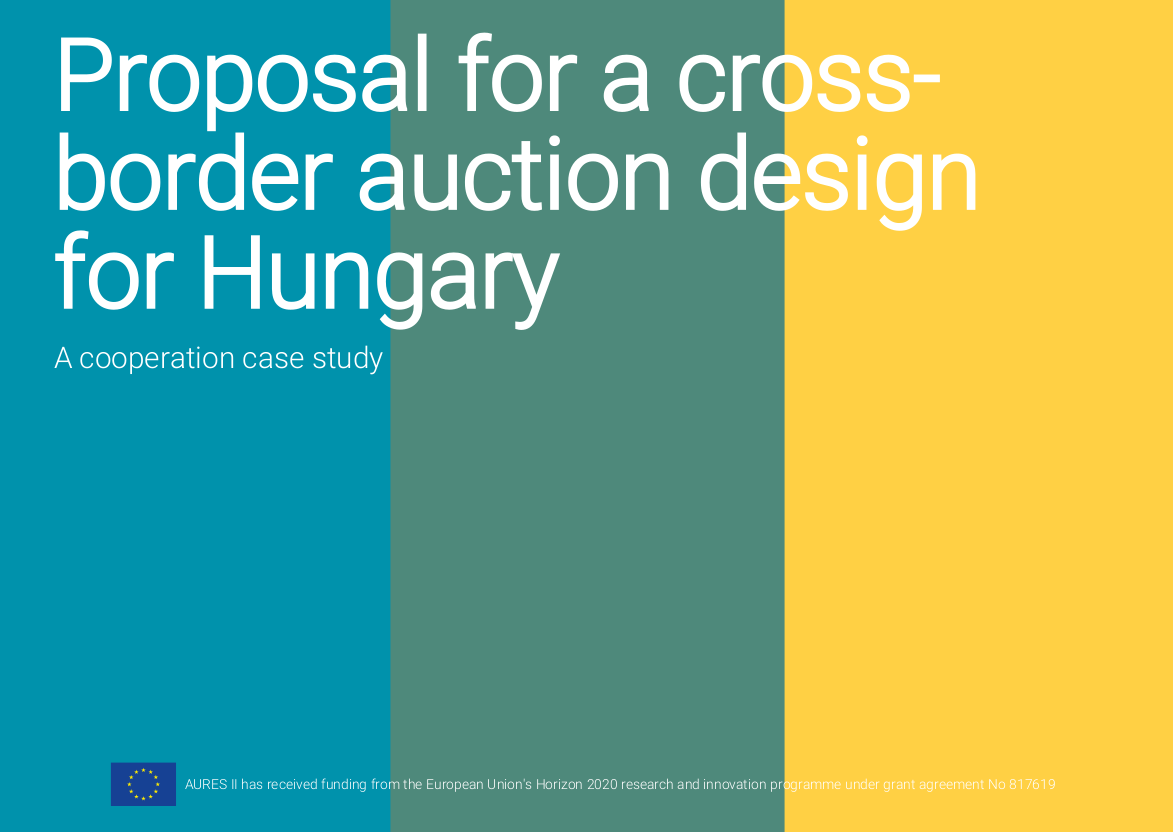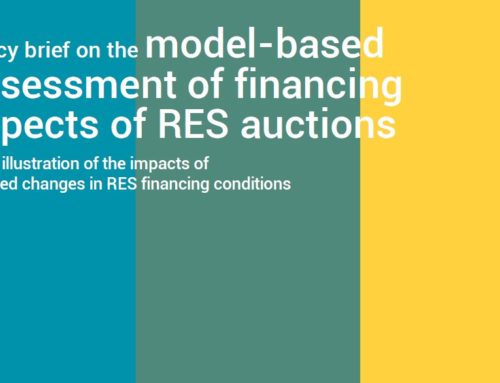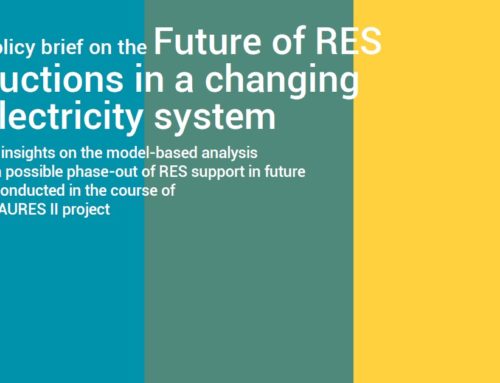The aim of this report is to assist Hungarian policy makers in setting up cross-border auction(s) with prospective partners considering the most important aspects to take into consideration in their design and the factors influencing the outcomes, through a hypothetical cooperation with Slovakia. The study builds on the AURES case study D6.1 on the design options for cross-border auctions (Blücher et al. 2019).
The structure of the paper is as follows. Chapter 2 describes the basic types of cross-border auctions, the rationale behind setting up such partnerships and the expected outcomes. Chapter 3 provides a brief overview of the Hungarian electricity sector and the state of renewable electricity deployment, also touching upon the current developments in renewable supportJust like administratively set support, auction-allocated su... policy and the relevant regulatory framework behind cross-border auctions. Chapter 4 explores the considerations of the government in framing a cross-border cooperation and the implications of current energy policy priorities, including the potential types of relationship and the factors influencing the selection of partner countries. Chapter 5 presents the results ofGreen-X modelling that quantifies the expected effects of cooperation with various prospective partners on the RES-E generation mix and the level of supportJust like administratively set support, auction-allocated su... costs in the participating countries. Chapter 6 assesses the factors playing a role in a cooperation with the candidate partner countries. Chapter 7 examines how the tenderAn auction is a market mechanism with the aims of allocating... More design elements would be adapted to the cross-border relationship with Slovakia, the hypothetical partner country selected. Chapter 8 reviews the aspects to be considered in setting up the cooperation agreement. The last section provides a summary.
Download the report here.




